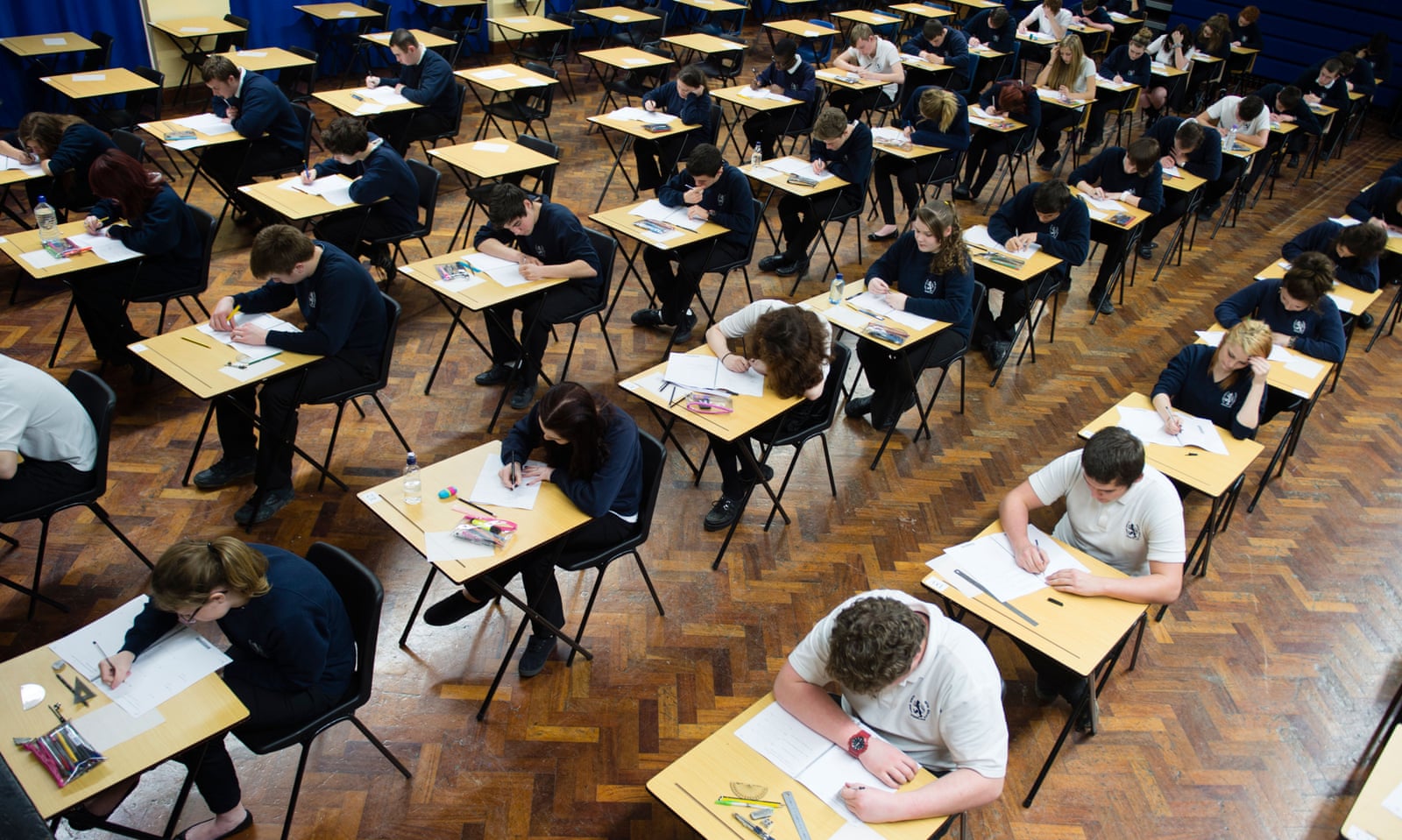Common Challenges Faced by High School Students

High school students often face a range of mental health challenges as they navigate the complexities of adolescence and the pressures of academic and social expectations. Here are some common mental health challenges that high school students may encounter:
1. Academic Stress: High school students often experience significant academic stress due to the demanding coursework, exams, and the pressure to excel academically. The fear of failure, time management, and the constant need to meet deadlines can contribute to heightened stress levels.
2. Anxiety Disorders: Anxiety disorders, such as generalized anxiety disorder, social anxiety disorder, or panic disorder, can manifest or intensify during high school. Students may experience excessive worry, fear, or nervousness, impacting their daily functioning and relationships.
3. Depression: Depression can affect high school students, leading to persistent feelings of sadness, loss of interest in activities, changes in appetite or sleep patterns, and difficulty concentrating. Academic pressures, social challenges, or personal circumstances can contribute to the development of depression.
4. Peer Pressure and Social Challenges: The desire to fit in, maintain friendships, and navigate social hierarchies can create significant stress for high school students. Peer pressure to engage in risky behaviors, body image concerns, bullying, and social isolation can negatively impact their mental well-being.
5. Substance Abuse: Some high school students may experiment with or develop substance abuse issues as a way to cope with stress, peer pressure, or underlying emotional difficulties. Substance abuse can have severe consequences on their mental health, overall well-being, and academic performance.
6. Body Image and Eating Disorders: High school students may struggle with body image issues, leading to the development of eating disorders such as anorexia nervosa, bulimia nervosa, or binge-eating disorder. Unrealistic societal standards, media influence, and social comparisons can contribute to body dissatisfaction and disordered eating behaviors.
7. Self-esteem and Identity Issues: High school is a time when students are exploring and forming their identities. Low self-esteem, feelings of inadequacy, and struggles with self-acceptance can arise as students compare themselves to their peers or face societal expectations.
8. Sleep Difficulties: Sleep disturbances, including insomnia or irregular sleep patterns, can affect high school students. Academic workload, extracurricular activities, and electronic device use can interfere with their sleep, leading to fatigue, mood disruptions, and difficulties concentrating.
9. Family Issues: Family dynamics, conflicts, parental expectations, or significant life changes, such as divorce or relocation, can impact a student’s mental health. High school students may experience stress or emotional challenges related to their family circumstances.
It is important to note that each student’s experience is unique, and these challenges can vary in intensity and duration. Encouraging open communication, providing resources for support, and promoting mental health awareness can help high school students navigate these challenges and seek the necessary assistance.



